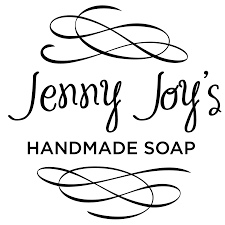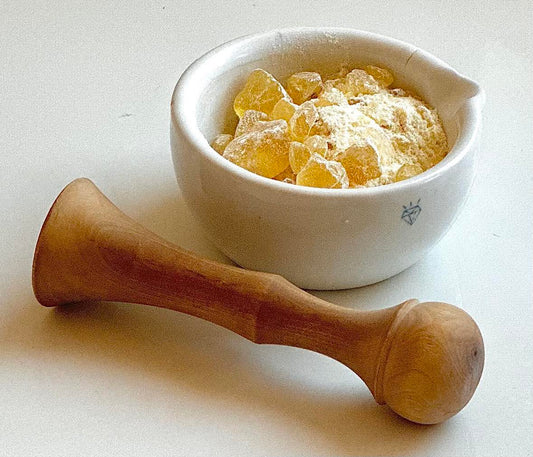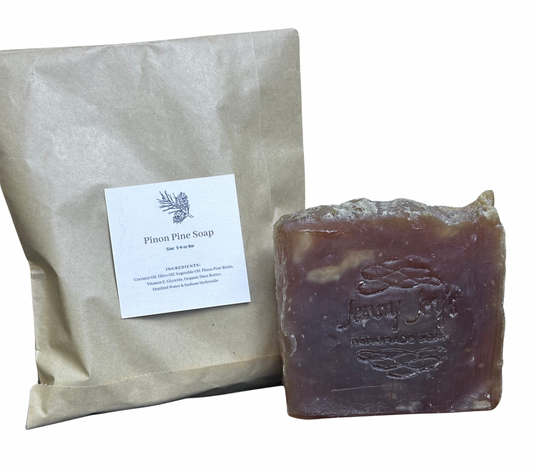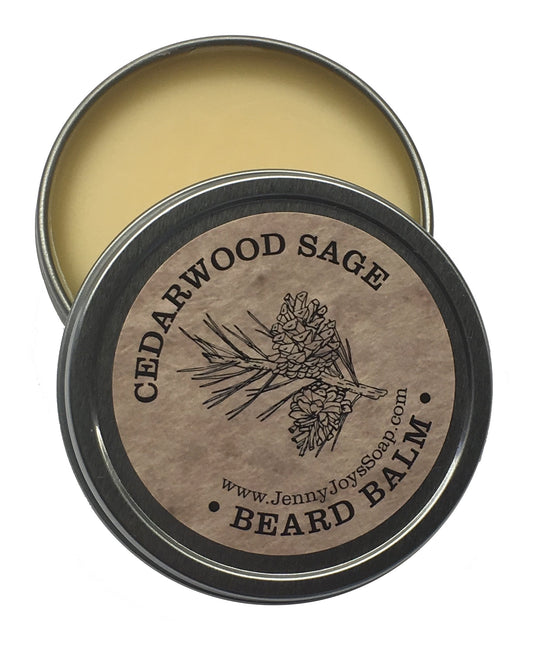What is Handmade Soap?
Handmade soap refers to soap that is crafted using traditional methods and natural ingredients. Artisan soap makers carefully select high-quality oils, fats, and botanical extracts to create unique soap recipes.
Handmade soaps like Pine Tar Soap and Sandalwood & Patchouli Soap provide a luxurious and personalized bathing experience, leaving the skin pampered and the senses invigorated.

One excellent example of handmade soap is Pine Tar Soap, which harnesses the soothing and clarifying properties of pine tar derived from pine trees. This soap offers a gentle cleansing experience that leaves the skin feeling refreshed, nourished, and balanced.
Another remarkable handmade soap is Sandalwood & Patchouli Soap, featuring a captivating blend of sandalwood and patchouli. This combination creates an enchanting aroma that promotes relaxation and inner peace.
To read further about handmade soap, click here and we already published How to make handmade soap: Step by Step Guide.
What is Commercial Soap?
Commercial soap refers to mass-produced soap that is manufactured by large-scale companies for widespread distribution. Commercial soaps are typically made using synthetic ingredients, such as detergents, fragrances, and artificial additives.
They are created using standardized formulas that prioritize cost-effectiveness and mass production. These soaps are often found in supermarkets, drugstores, and convenience stores, targeting a wide consumer base.
Examples of commercial soap brands include Dove, Irish Spring, and Dial. While commercial soaps may offer convenience and accessibility, they often lack the personalized touch, natural ingredients, and artisanal qualities found in handmade soaps.
Differences Between Handmade and Commercial Soaps
Handmade soaps are carefully crafted in small batches with natural ingredients, providing gentle cleansing and nourishment to the skin.
On the other hand, commercial soaps often contain synthetic additives and harsh chemicals, which can strip the skin of its natural oils and lead to dryness and irritation.
| Point of Comparison | Handmade Soap | Commercial Soap |
| Ingredients | Uses natural ingredients, often organic and sustainable. | Contains synthetic additives and harsh chemicals. |
| Skin Benefits | Gentle and nourishing, suitable for sensitive skin | May strip natural oils, leading to dryness or irritation |
| Fragrance | Uses essential oils for natural scents | Artificial fragrances that may trigger allergies |
| Eco-Friendly | Biodegradable and eco-friendly | May contain non-biodegradable substances harmful to the environment |
| Manufacturing Process | Made in small batches using traditional methods | Produced on a large scale with industrial processes |
| Supporting Local Business | Supports local artisans and small businesses | Often produced by large corporations |
The above table highlights the differences between handmade soaps and commercials soap, to sum up
Handmade vs commercial soaps
Handmade soaps are crafted with natural, nourishing ingredients, offering gentle care and customization options. In contrast, commercial soaps may contain harsh chemicals, artificial fragrances, and lack the personal touch of artisanal creations.
In a world inundated with mass-produced options, selecting handmade soap is an opportunity to elevate your bathing routine and immerse yourself in a truly exceptional experience.
Our meticulously crafted handmade soap embodies the perfect fusion of natural ingredients, customizable formulations, and artisanal craftsmanship.
By choosing to purchase our handmade soap, you not only indulge in a luxurious and personalized bathing experience but also actively contribute to supporting local artisans, embracing our mission, and promoting sustainable practices.
Join us in celebrating the exquisite beauty of handmade soap and relish in the nourishing benefits it bestows upon your skin and senses. Shop now and experience the difference firsthand.





